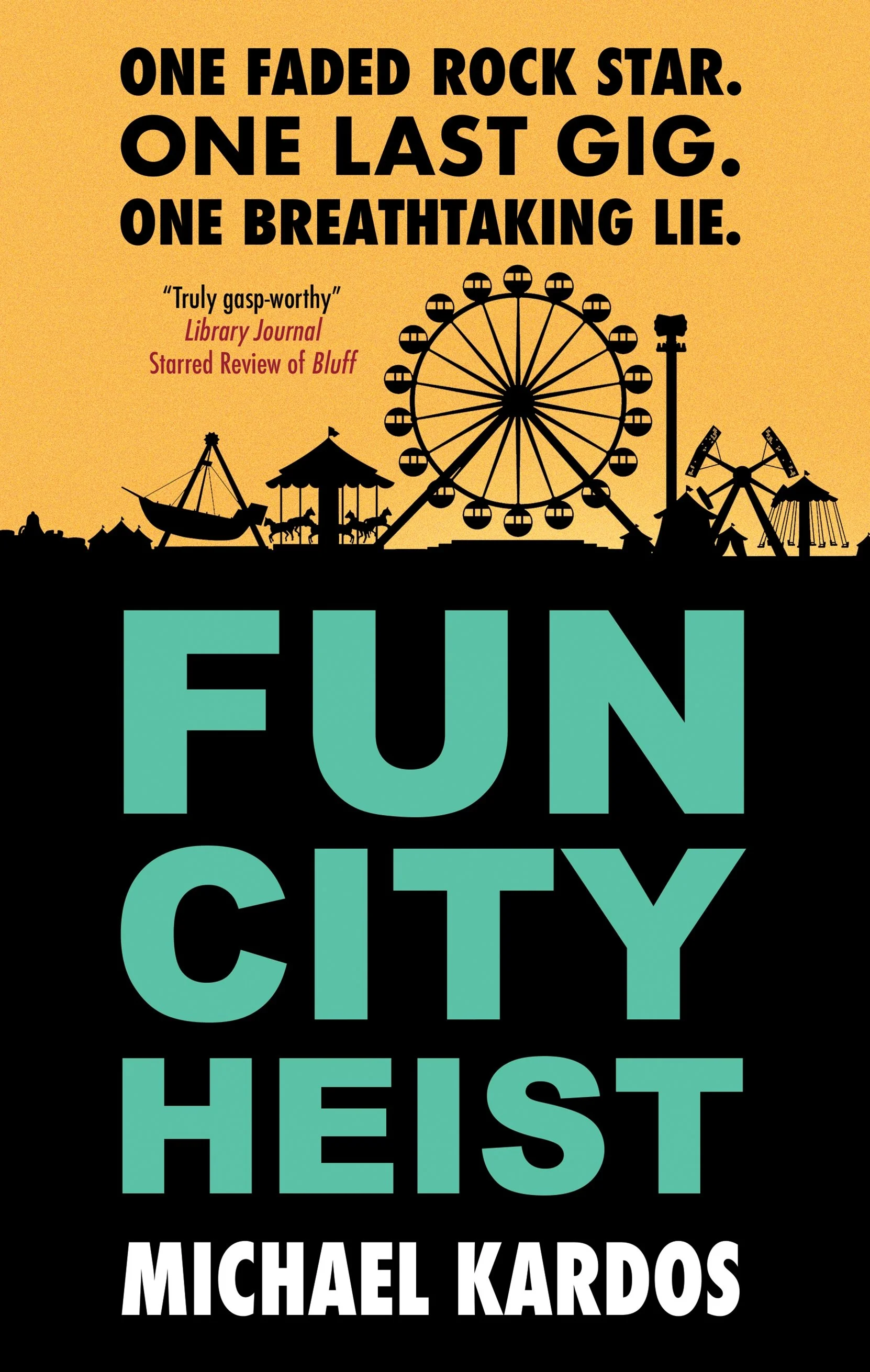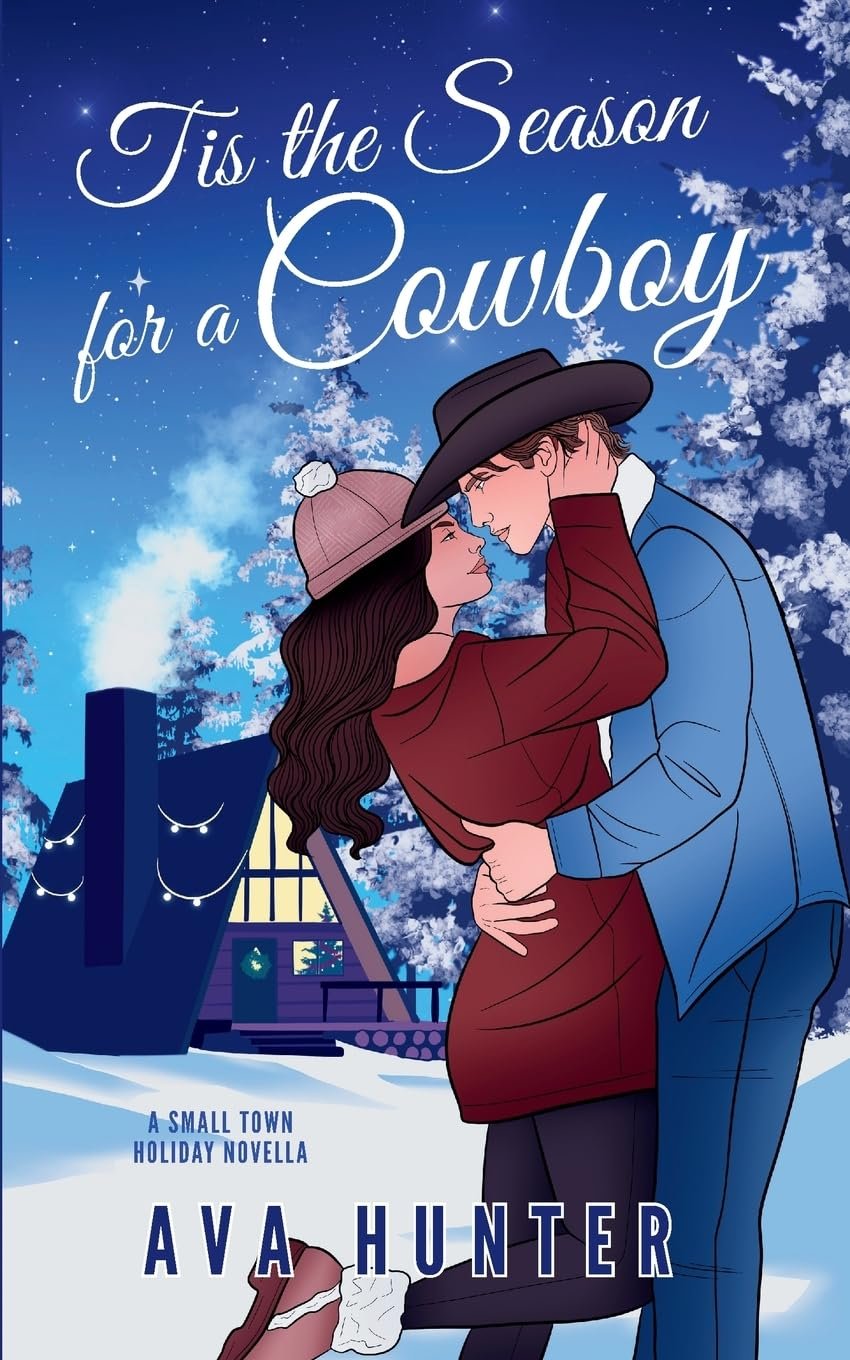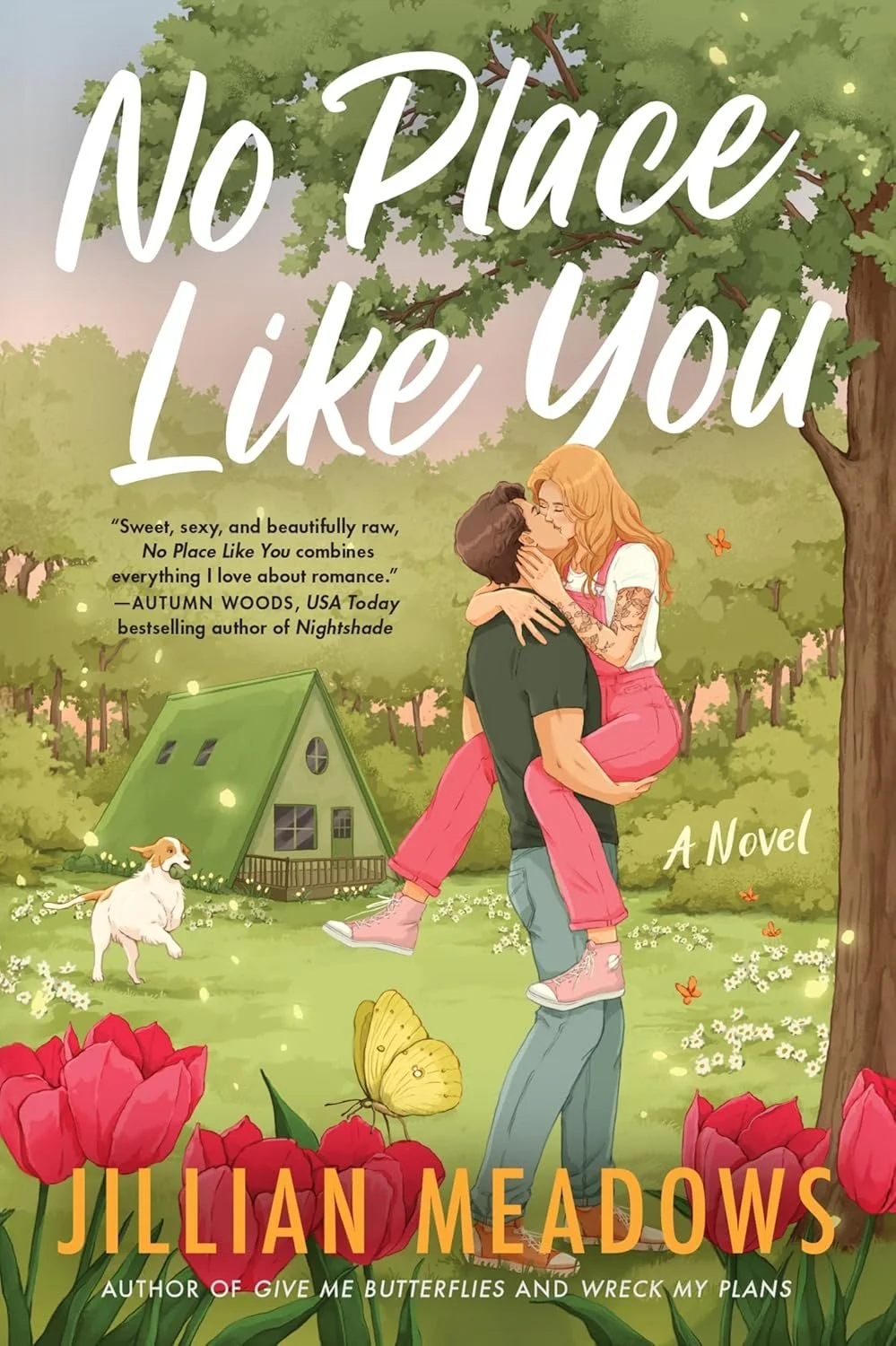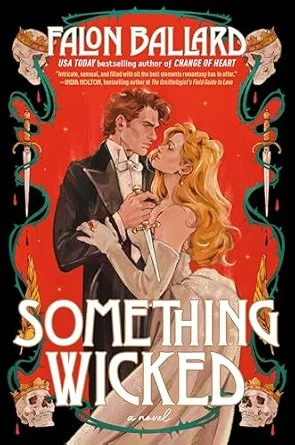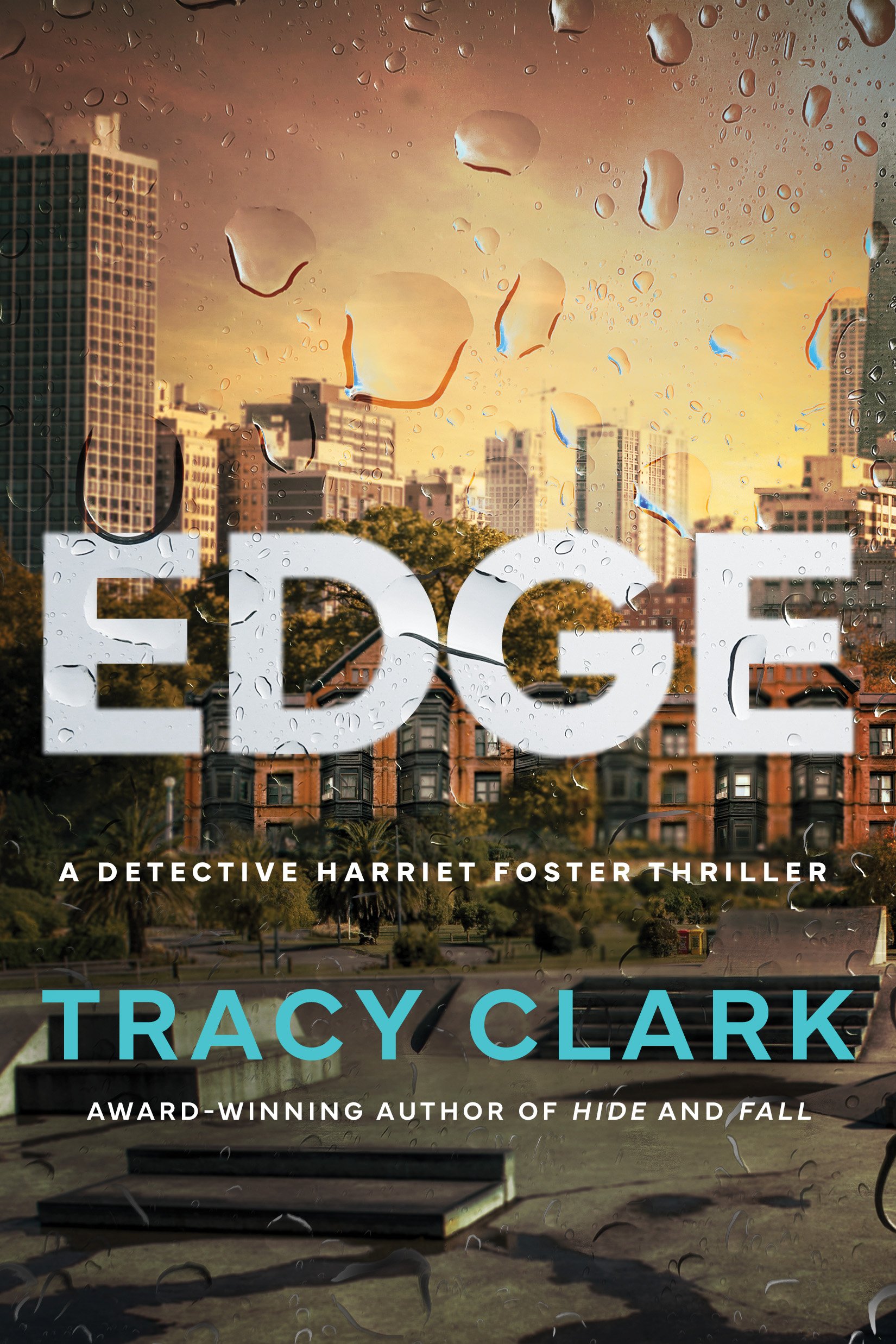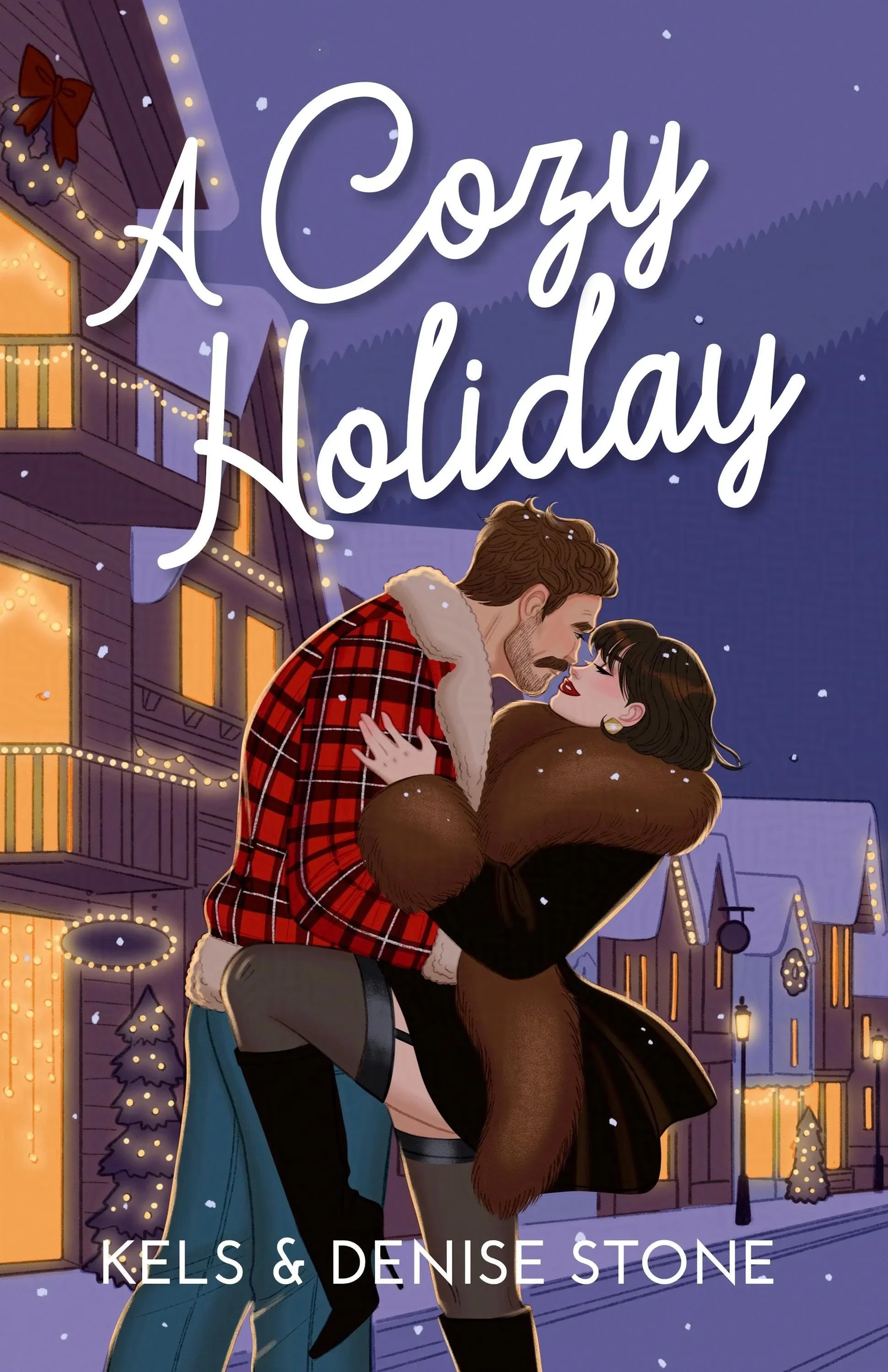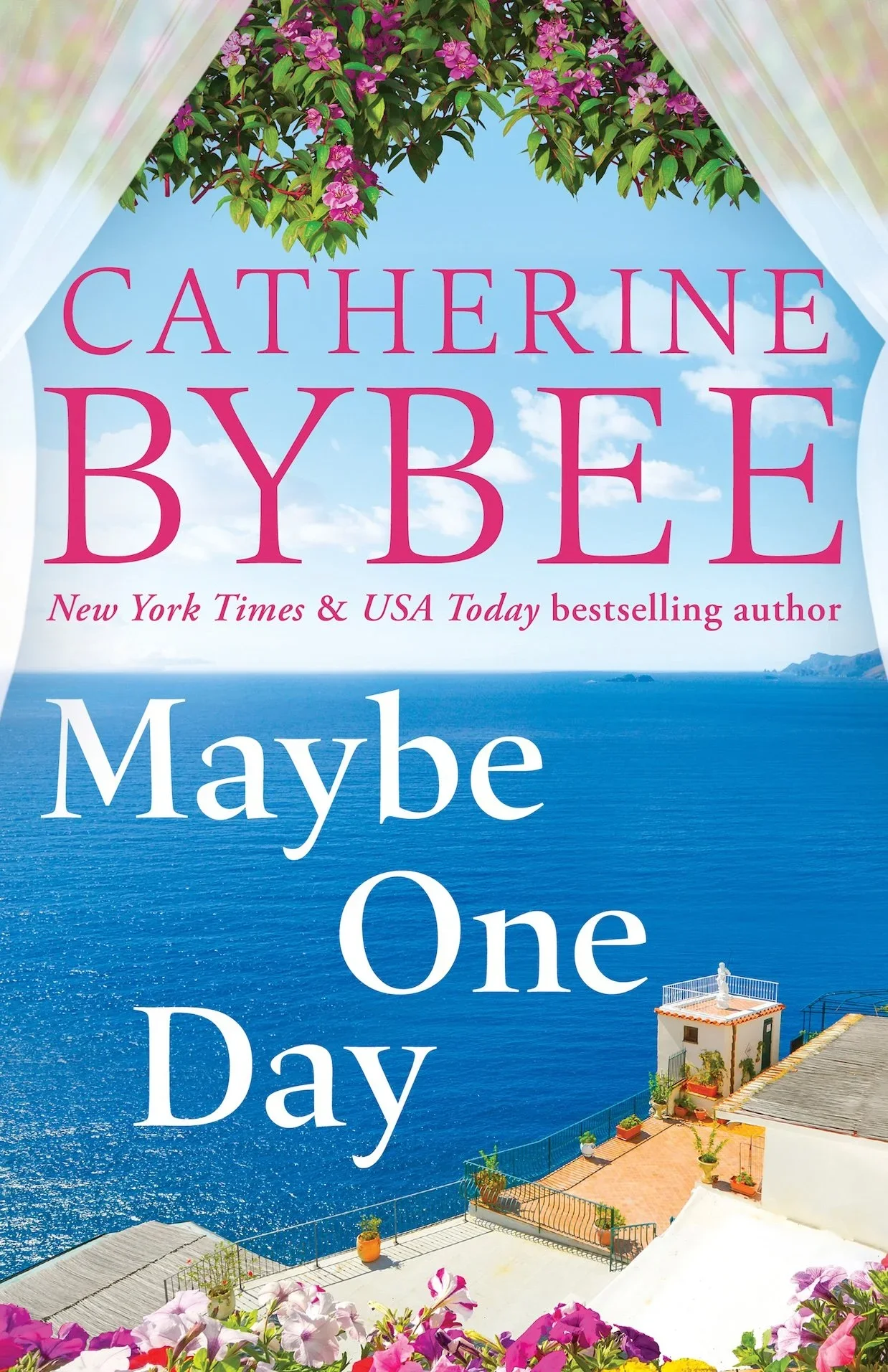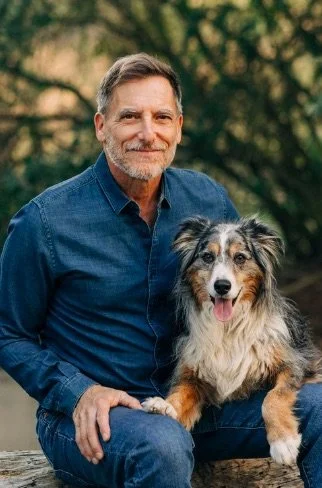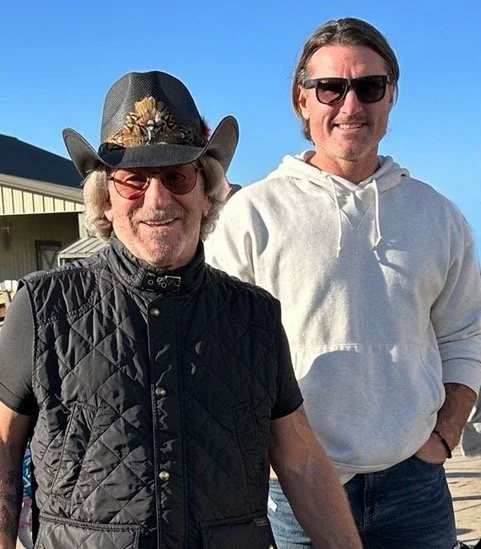Q&A with S.M. Harris, author of The Northeast Quarter
/Here's a sneak peak:
Do you want revenge or do you want your land back?
Winfield, Iowa. 1918. Colonel Wallace Carson, the ruler of a vast agricultural empire, asks Ann Hardy, his ten year old granddaughter and eventual heir, to promise she will safeguard The Northeast Quarter, the choice piece of land from which the empire was founded. Ann readily accepts – little knowing what awaits her. When The Colonel is killed unexpectedly the same afternoon, the world around Ann and her family begins to fall apart.
Q&A with Ann Hardy, the heroine in The Northeast Quarter
When the novel starts, Ann, you around 10 years old and your grandfather dies, and the estate and his legacy is almost destroyed by you step-grandfather, Royce Chamerblain. Did you ever expect to go through so much after your grandfather died?
Ann: Between 1918 and 1929, I had to grow up pretty fast. I had to learn to stand on my own feet. The events in the story prevent me from doing much introspection. I was like a soldier on a battlefield – dealing with whatever is in front of him. Looking back at the skirmishes, I would say I come through it pretty well.
Do you embrace conflict?
Ann: I try not to. When you stand up for something, sometimes conflict seems to embrace you. I fight when I have to.
Do you run from conflict?
Ann: I don’t. But basically I try to avoid it. I find it’s better to match wits with an opponent until you spot his weak points. Then if you have to fight, you fight to win.
Against the background of America sliding from a post-war boom into The Great Depression, The Northeast Quarter tells the story of Ann’s struggle to keep a promise no matter what. She witnesses the remarriage of her grandmother to Royce Chamberlin, the seemingly humble banker who institutes a reign of terror over the household and proceeds to corrupt the entire town.
How do you see yourself?
Ann: I had to learn how to cope very early in life. I’d say I’m loyal to friends and family, ethical in my dealings with the world and implacable toward my enemies. My enemies were good teachers. They taught me about human character.
How do your friends see you?
Find it online: Amazon
Ann: In addition to being strong and loyal, they see me as mature for my age. They see me as a little mysterious because I keep a lot inside. They see me as very brave. Maybe I am, but whether this is true or not, I don’t let people see when I’m afraid.
Over the next ten years, she matches wits with Chamberlin, enduring betrayal, banishment and even physical violence. She grows from a precocious child into a tough-minded young woman – watching, observing her enemy and waiting for the moment to make her move.
And when the moment comes in July 1929, life in Winfield will never be the same.
How do your enemies see you?
Ann: Since my story begins when I am ten, they thought I was harmless at first. Then they began to see me as an adversary. At the end, when I go after them, they see me as an equal.
Ann, seeing your circumstances, I want to ask if you actually get to keep that promise to your grandfather?
Ann: You will have to read the book to find out the answer.
About the Author
Stuart M. Harris began writing for the theater professionally in 1991 when he was invited by the Ensemble Studio Theatre in New York to attend a summer conference. The experience led the native Californian to move to New York to become a playwright. Several of his plays have been produced Off Broadway and around the country, among them. Oona Field produced by Diverse City Theater Company and Colleen Ireland, about a 90-year-old retirement home resident and her great granddaughter, that played in New York, Spokane and other cities, including Hamilton, OH, where it won ‘Best Play’ at The Fitton Center One-Act Playwriting Contest. A follow-up to Colleen was Spindrift Way, the first of ten more plays in the series. The Northeast Quarter began as a full-length play developed by the Works in Progress Theatre Lab at Manhattan Theatre Club Studios. Harris put playwriting on hold in order to weave the story of generations of Iowan farmers into his new historical novel. He lives in Brooklyn.



